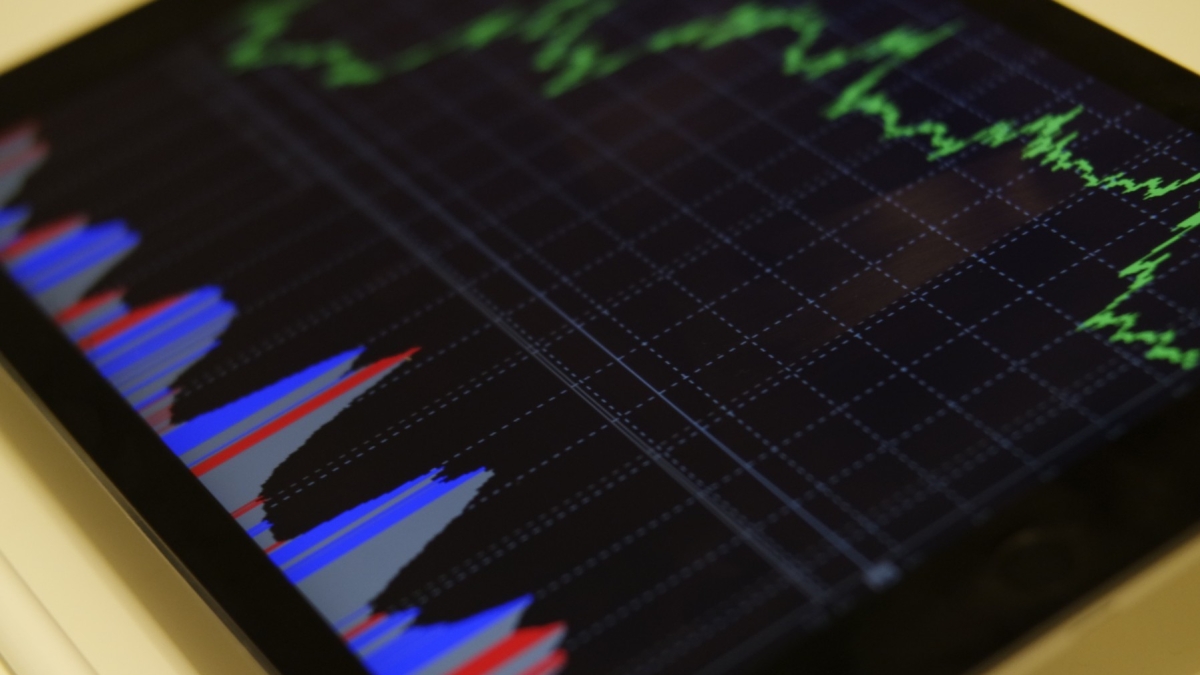
How the STI experienced the effects of the Russia-Ukraine conflict
The past 12 trading sessions saw fuel and travel dependent airlines perform the least.
A global trend was felt as the Straits Times Index (STI) reported increased volatility since the authorisation of military operations by President Vladimir Putin in Ukraine.
According to the Singapore Exchange's (SGX) latest market update, the period between 23 February and 11 March saw a decline in the STI by 4.2%, with both global bank stocks also contributing through a 6.8% decline. Following this trend, the FTSE Asia Pacific Index also slid by 5.7%.
In terms of sectors, the oil and gas sector topped the global stocks, whilst fuel and travel dependent airlines are the least performing stocks over the past 12 trading sessions. On top of this, expectations for the pending US FOMC Rate hike dipping to 25 bps from 50 bps, have also resulted in banks being seen amongst the least performing sectors. Meanwhile, the REIT sector has shown promise as one of the most defensive sectors, alongside the energy and utility sectors.
Sembcorp Industries led the STI in the same period, with five of the seven STI REITs making up the STI’s top 10 performers.
Meanwhile, UOB, DBS, and OCBC Bank made up the least performing STI stocks for the period.
During the same period, $740m of net institutional flow was logged by the index, with more STI stocks booking net inflows at 16 than net outflows at 14 over the same period. The three previously mentioned banks led in outflows as well, while averaging 7.5% in declines.
On the other hand, leading in net institutional inflows were Singapore Telecommunications, Singapore Technologies Engineering, Wilmar International, CapitaLand Integrated Commercial Trust, and Sembcorp Industries.
























 Advertise
Advertise






